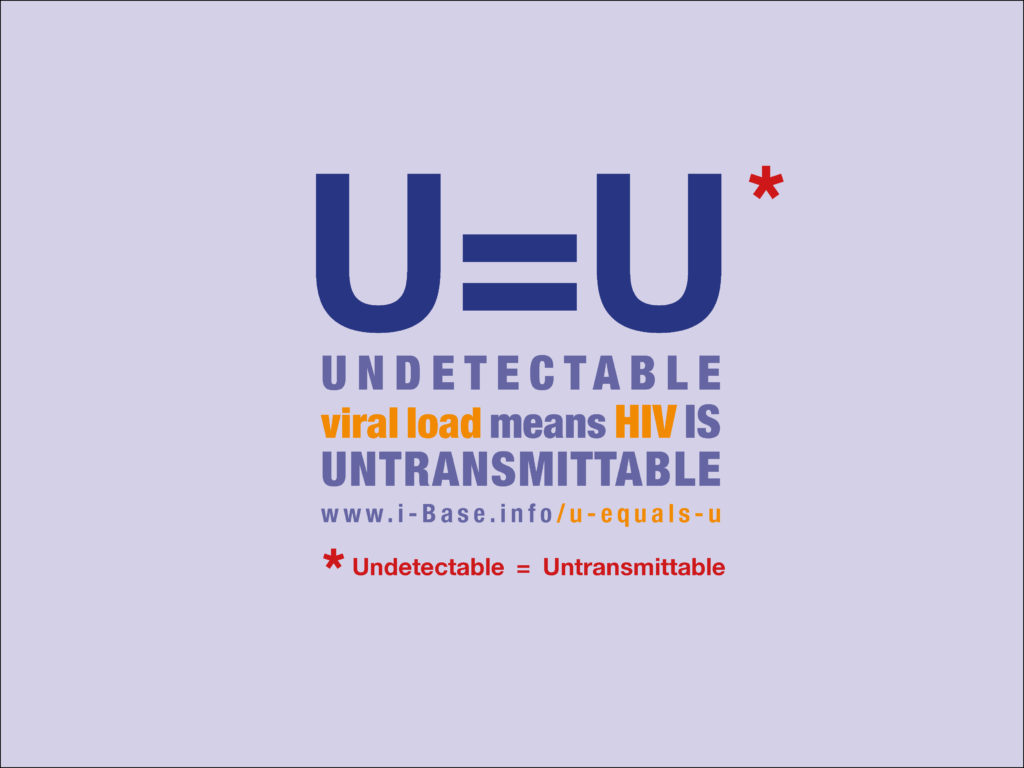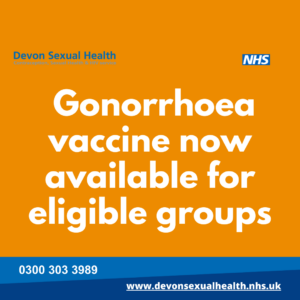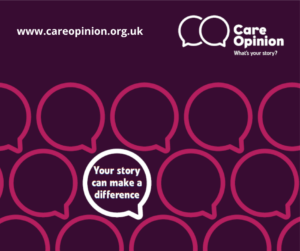U=U (undetectable = untransmissable) and 90-90-90
posted by: Jonathan Shaw
What is 90-90-90?
90-90-90 is a Joint United Nations Programme on HIV/AIDS (UNAIDS) strategy. Its aim is to control the HIV/AIDS epidemic by 2020.
90-90-90 refers to achieving a target of:
- 90% of people living with HIV knowing their status,
- 90% of those that know their status being on treatment
- and 90% of those on treatment being virally suppressed (also known as being undetectable).
Successful treatment with HIV medications (antiretrovirals) brings the viral load down to an undetectable level.
What is U=U?
Fantastic news for people living with HIV (PLHIV). When PLHIV have been undetectable for 6 months or longer and remain on treatment, they are not at risk of transmitting HIV to sexual partners. This has also been phrased as U= U, which stands for undetectable = untransmittable (or uninfectious). This has been confirmed by multiple research studies in recent years.
So what does that mean for people living with HIV?
This is very empowering information for any PLHIV. We asked ‘what does being undetectable mean to you?’ to some of our patients:
‘I feel that I am the focus of the appointment with my clinician and not just my medication or viral load (blood test result) ’
‘I am able to confidently pursue relationships and explain why I am on treatment to any potential partner’
‘Being on treatment has saved my life, and the pharmacist is that helping hand, assisting me to continue taking my medications daily.’
So what can I do to help promote this positive message?
Let people know, and be confident when saying it. Despite such remarkable improvements in treatment response, drug options, and the dedicated support offered through many clinics, some people are being left behind or ‘falling through the cracks’ and not aware that HIV treatment is available.
Are there other positive messages around HIV?
Many are out there. Recently we have talked in the service about the distinction between ‘illness and disease’. Disease is what clinicians diagnose and treat, whereas illness is the subjective experience of the clinician’s diagnosis. This distinction is important, particularly in the context of HIV, as it highlights the fact that experiences of people sharing the same medical condition can vary considerably.
Some of these variations can be attributed to how accessible a clinic is to a patient. We think about the level of relational support available to people. We consider factors such as immigration status, religious background and financial support. So being there to talk to and holistically support PLHIV is as important as any message around effective treatment.

Trending Now
- Taking ‘the pill’. A different approach to make this method work best for you
- Does contraception affect fertility?
- Does using contraception make you put on weight?
- The “male contraceptive”
- Does it hurt to have an IUC (coil) fitted?
- Updated blood pressure readings if you are taking combined hormonal contraception
- Holiday romance? Advice, including where to get emergency contraception abroad.
- Using a moon cup? Read this if you also have a coil in place..
- What happens when you visit a sexual health clinic?
- Want to join the team?

Routine smear testing at Devon Sexual Health Torbay will end on 1 October 2025
From 1 October 2025, routine smear testing at Devon Sexual Health Torbay, at Castle Circus Health Centre, is being withdrawn. […]

A vaccine to help prevent against Gonorrhoea
Specialist sexual health services can now offer a meningococcal group B vaccine called ‘Bexsero’ to those who are considered to […]

Creating a culture where patients feel heard
Devon Sexual Health aspires to continue using patient feedback to drive meaningful improvements in care and service delivery. The service […]

Devon Sexual Health has extended services to South Hams and West Devon
Following the award of a new sexual health services contract for Devon & Torbay, Devon Sexual Health has extended its […]
